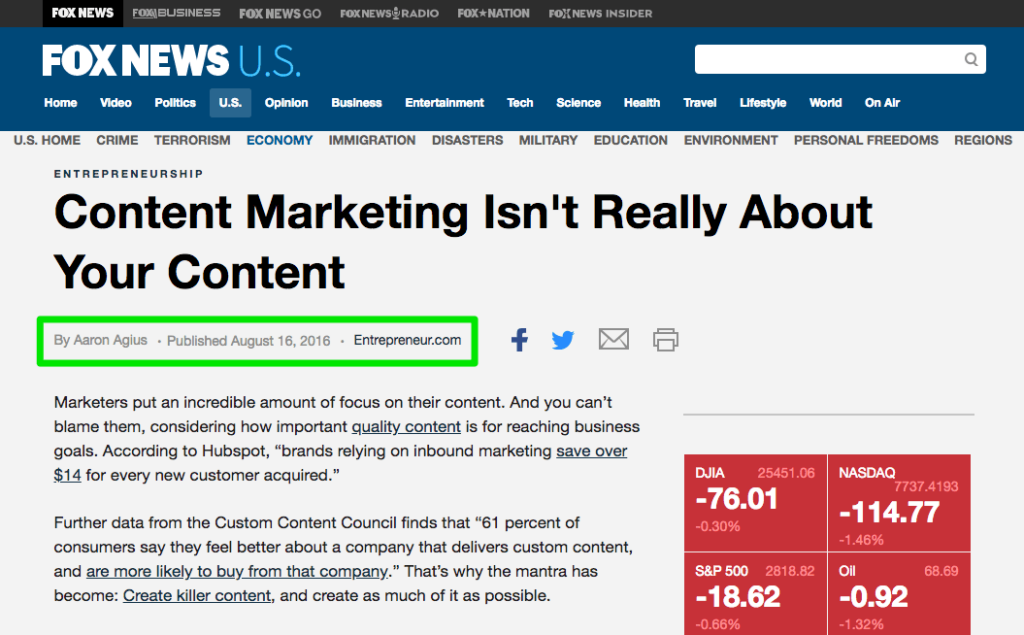Most Loved Household Brands of 2025
Data

What’s the current state of your content marketing?
For some brands, publishing one blog per week on the company website is enough, while others take a multichannel approach that encompasses infographics, videos and podcasts.
No matter how much you scale your efforts, one of the biggest challenges associated with content marketing will always remain…getting your message in front of the right people at the right time.
Common tactics for increasing content exposure such as influencer marketing and digital PR are incredibly effective. However, it can take time to deliver meaningful results.
Enter syndicated content – a top technique for widening your brand’s reach and making new audiences aware of your offering.
Some brands are reluctant to adopt syndicated content because they believe it will negatively impact their SEO. Here’s why you don’t necessarily need to worry about the relationship between syndicated content and SEO.
In fact, they can be friends…
Content syndication is the practice of giving websites permission to republish content that originally appeared elsewhere.
To give an example, you let one of your vendors or suppliers republish a blog that mentions how you benefited from their product or service.
Your content might be edited down or not published in its entirety, but you should still be credited as the author with a link back to your website or the original article.
The other side of the content syndication coin is republishing the work of others on your own website, which can still provide value depending on your marketing goals.

After featuring on Entrepreneur, a site that receives over 18 million visits per month, this article was published as syndicated content on Fox News, which boasts an audience over 19 times the size of Entrepreneur’s.
Technically, yes, which is bound to cause a wave of panic among content marketers everywhere.
However, Google doesn’t actually have a duplicate content penalty – it only penalises websites that scrape content or spam the web using duplicate content.
If Google does find multiple URLs with the same content, its search bots will decide which one to rank and omit the other results. For some, this is as good as a penalty.
In order to ensure original pieces of work always rank on Google, many authors and publishers ask that syndicated content comes with a canonical link. This tells search engine bots that all SEO equity relating to the content should be attributed to the original version.

The moz.com homepage has a self-referential canonical tag.
Pros:
Cons:
Pros:
Cons:
The main reason for choosing content syndication is to get your ideas, messaging and brand in front of a wider, bigger audience. So, content syndication could prove beneficial if your marketing objectives include:
This is especially true if you don’t have a large user base and want to make more people aware of your offering.
If syndicate content and SEO were friends on Facebook, their relationship status would probably be “It’s Complicated.” They won’t exactly be spending eternity together, but are on good terms and understand each other’s role in the relationship.
To ensure SEO and syndicated content don’t have an ugly breakup, abide by the following best practices: